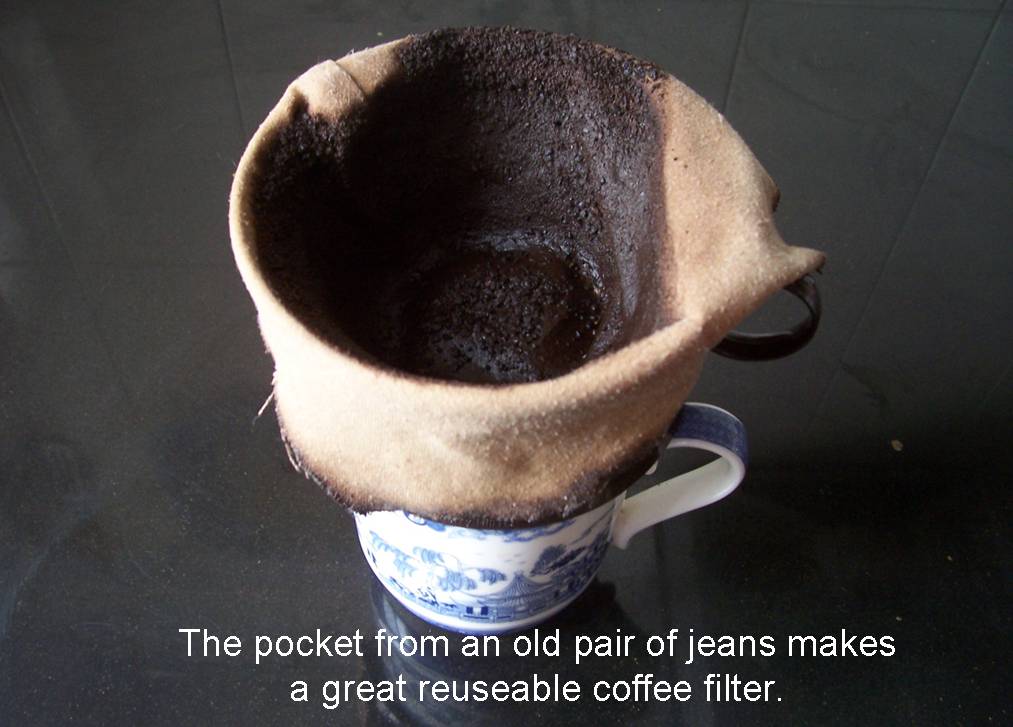|
We've discovered a few things to watch out for if you live in China. Sometimes these discoveries have been painful, sometimes just amusing and only slightly expensive. Warning: An ATM Gave me Counterfeit Money I always try to keep this website upbeat, and don't like to complain about anything in my host country. I like it here. Injustice can happen anywhere in the world. But this is something you need to know about: Check your money before you leave the ATM booth. If you find a fake, you must hold it up to the security camera so that you can prove you got it from the ATM machine. Of course it isn't wise to be hanging around in a dimly lit ATM booth late at night, taking the time to inspect every bill the machine gave you, and advertising to potential thieves that you have fresh cash. That's scary. I didn't do it, and never will. So maybe a hundred yuan hit now and then is just part of the price of living in China. I guess I can afford that. I know for sure that my fake bill came from the ATM machine at a major Guilin branch of the China Industrial and Commercial Bank. But I didn't discover that one of the 100 yuan bills was 假的 (jiǎ de, fake, counterfeit) until I got to Shanghai. So my branch of the bank will do nothing. They didn't even seem interested enough to contact the branch in Guilin to let them know they are employing a criminal, as they must be because this bill is so obviously phony that whoever loaded the ATM machine knew it. All I got was, "Sorry." The young man in the elegant dark suit suggested I pass the fake on to a cab driver or store keeper. If you've got any money in the China Industrial and Commercial Bank, my best advice is to take it out, and check every single bill when you do. A Warning about Living in China Please don't misunderstand
me. I like living in China and I feel very safe here. It is not the
dangerous country many westerners imagine it to be. At least not in my
experience as a sheltered "foreign expert". But it does have one quality
that is worth some attention - an obvious lack of inspection, regulation
and enforcement of such things as building codes, electrical codes, and
consumer goods.
The other day I set a hot pot down on this oven mitt. When I picked it up again I was surprised to find that the mitt had melted onto the bottom of the pot. That should have been warning enough, and would have been if I was paying attention. But I assumed that it was just the outer covering that was meltable, not the inner insulation.
As more and more consumer
items are manufactured in China and exported to the west, maybe it would
be a good idea for you to check the oven mitts in your own kitchen. I'm
not sure whether government inspection of such items is mandatory in the
west, or whether that is just another of my fantasies. But coming to
China has given me a whole new appreciation of building codes, electrical
and plumbing codes, and lawsuits that punish businesses that cause pain
and suffering. Class action torts do seem to serve a purpose, and aren't
just frivolous claims
(check out the guy suing Starbucks for causing damage to his penis!) made
by stupid crybabies. The lack of consumer testing here is actually quite amazing. This keychain fingernail clipper was a gift from a Chinese friend, a birthday present last year. It's sleek and attractive, with the Chinese five star logo inlaid into the cover.
Slickly packaged. Elegant.
Really fine looking in fact. The only problem with it is that it will not
cut a fingernail. Not at all. Just think of it - designed, design
approved, prototype made, prototype approved, manufactured, packaged,
inspected, shipped, distributed, and sold - and it absolutely doesn't
work at all. It's like a miracle of modern production and marketing. Variation on the Nigerian Scam Before I tell this story, I
should say that in the past I have been taken by cons and scams. I think
I learned my lessons, and I'm pretty sure I have good instincts now and
can smell a scam three sentences into the sales pitch. But I don't feel
smug or superior to anybody who is victimized. If you are contemplating a job teaching English outside of your native country, be aware that no legitimate employer will ask for money in advance of your arrival to take the job. Do your due diligence on any offer. And if you are thinking of teaching in China, talk to me and I'll make sure the job you get is legitimate. (If I get a commission for finding a teacher, it won't come out of your pocket.) david@themaninchina.com Life in China Tip Number 1: Cabs Waiting
at Train Stations in China Overcharge Life in China Tip Number 2 - Sticking Things to Concrete Walls If you live in China, the chances are your apartment will have concrete walls. How do you hang anything, or attach anything to a concrete wall? Forget glues and tapes. They won't stick to the paint well enough, and if they do the paint won't stick to the wall well enough. Click here to find out how to deal with the problem. Life in China Tip Number 3 Coffee Filters in China It's fairly easy to find coffee in China, but coffee filters can be very hard to come by. For an absolutely perfect re-useable filter , cut the pocket out of an old pair of jeans. This trick was invented on a camping trip by Simon Truelove and came to me via Pamela Dowler.
This "pocket filter" has
been in use since my contract in Weihai. It took a rest when I found some
paper filters at the local Metro here in Wuxi, but I used them all and
have reverted to the improvised filter. It works so well that I don't
think I'll buy any more disposable filters. The time it takes to shake
the coffee out of the pocket and give it a rinse is only minimally more
than the time it takes to get a new paper filter out of the cupboard.
Usually I notice the filter full of coffee grounds at some time during the
day, and get it ready for the next morning. As long as I don't have to
fuss with it before I'm awake, it bothers me not at all. Might as well
save the trees. Another Scam Revealed (originally posted July 11, 2008 ) In the tourist
market in Shanghai they sell flashlights that don't need batteries. They
are powered by your hand squeezing a lever. The sales person squeezes it
a few times and hands it to you. Isn't it amazing? By gosh, the light
is bright and strong and lasts forever. What a cool gadget. This kind of
thinking could put an end to global warming.
Recharging by hand is virtually impossible. It isn't true that you can squeeze the lever a few times and have light for five minutes. There are limits to what high efficiency LED bulbs can do for you. How to get Online in China (originally posted May 6, 2008) Once you leave home your communication will become a bit more difficult, but not impossible. All you need is an Internet cafe, called a wǎngba (literally a "net snap") in China. These are all over the place once you know what to look for. The first character, wǎng, "net" is a double X inside a frame and actually looks like a net. The other character has the mouth radical, kǒu, on the left side and something that looks like a lower case letter E, with an additional vertical line, on the right.
We've been in some excellent wangbas in China, but most are grotty caves stinking of stale cigarette smoke and teenagers who've been playing computer games all night. As part of the Olympic cleanup, Beijing has just passed a law forbidding smoking in an Internet cafe. So they may improve. In any event, they are ubiquitous and never hard to find, once you know the characters. And now you do. |



